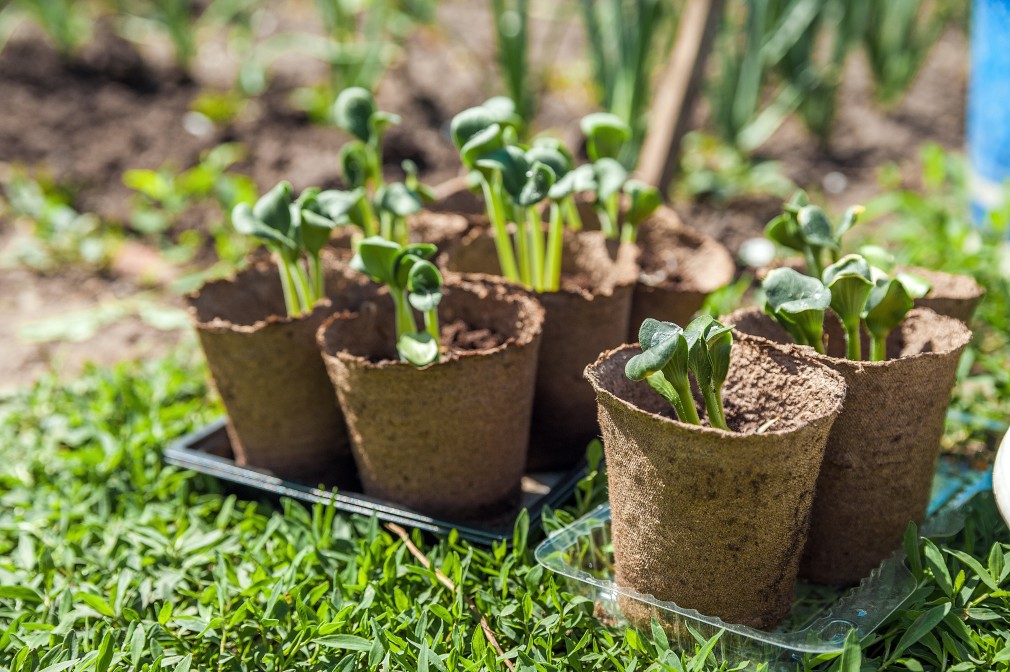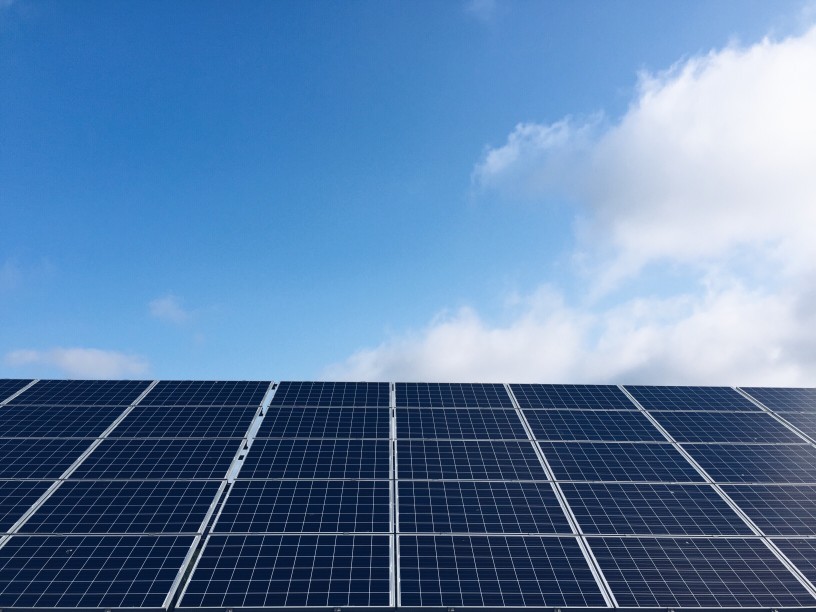11 Easy Ways to go Green when RV Camping & Traveling
Looking to do your part in reducing your carbon footprint when RVing? Or even just searching for ways to up you planet saving techniques? We’ve got you covered with these tips on how to easily go green on your next RV camping adventures.
Try Reusable Water Bottles
More than 60 million plastic bottles end up in landfills and incinerators every day – a total of about 22 billion last year.,Down the Drain. Switching to reusable water & drinking bottles is a no brainer. They’re easier on the environment and save you money! Due to their size, they can also make for more trips to the dumpster at your local RV Park.
Switch to a Biodegradable Cleaner or Make your Own!
Toxic household chemicals are tough on dirt and grime, but also can be tough on skin, your RV surfaces, & the environment. By switching to a natural cleaner by mixing one part water to one part vinegar you can combat messes with your own powerful solution. Go one step further by reusing an old spray bottle and peeling off the label.
Try Rags instead of Paper Towels
Paper Towels aren’t cost effective and they take up a ton of space in campers. Switch to reusable wipes such as reusable rags, old hand towels, and cut up old t-shirts make for a cost efficient and more durable solution to RV cleanup & messes.
Compost
What is composting? Composting is the decomposition of organic material to create and fertilize soil. Usually made by gathering plant material, storing in a container, and allowing it to safely decompose over time. Usually, composting is done at home by storing away grass clippings, vegetable peels, and even leaves in a container typically referred to as a Composting Bin. When you are camping, the same rules apply, storing organic waste in a Composting Bin usually in your RVs enclosed underbelly storage is a great location for composting. We recommend you purchase a container that is airtight so as to not draw any unwanted smells as this process can produce a foul odor.
Collect Rainwater
Bear Grylls taught us that water can be found in the most unlikely of places, thankfully about 99% of RV Parks have running water available for your camper. Collecting Rainwater using a tarp to funnel into a container makes for a fun and exciting camping activity. We hope it doesn’t rain on your next camping trip, but if it does, know that collecting rainwater saves our blue marble in more ways than one. Rainwater can be conserved and stored as an emergency water source, its great for watering plants, unchlorinated, & more importantly its free!
Stop using Disposable Plastic Bags
Single use carry out bags wind up in Landfills, Oceans, & now with the growing amount of camping & RVing are making their way back into National Parks & Rivers. States have now begun banning these heaps of plastic litter to try and decrease litter in storm drains and creeks & rivers. By switching to reusable bags and totes, you reduce fossil fuel consumption & lower your carbon footprint. If you have garbage bags saved, definitely attempt to reuse and recycle them while camping as these bags double as light storage devices & can even keep muddy shoes from dirtying your camper.
Leave nothing behind, pick up all trash, waste, & recycling.
What you bring into an RV Campsite should be everything that leaves with you. We’ve all heard the old saying but why is it so important? Packing light and efficiently using our RV camping checklist will make sure you have only the essentials when RVing. There are more ways to reduce your pollution than one while camping and ensuring to not leave anything behind is not only frienly to the RV park staff but also to the environment. Fishing Line, hooks & lures should always be scooped up. If you take bottles or snacks on hikes be sure to dedicate a specific area in your gear for waste and debris. Finally, a “last check” before hitching up your camper will add as an extra measure to ensure no tumbling bags of chips, cans, or paper towels get blown away or lost under your camper.
Solarize your RV!
Though common debate on the long term effects of solar panels, one thing we can agree on is that quite passive clean energy beats running a noisy generator all day and burning through gasoline. Rest easy knowing your audiobooks are charged and your portable fan will keep you cool all while not disturbing the nature and wildlife around you.
Park you RV in the Shade
Making use of mother nature’s trees and keeping your RV in a cool dry place will reduce how hard your AC has to run when camping. If you aren’t on a solar setup this is a great way to reduce the amount of electricity used by your RV. If you’re off grid this will even save you money on powering your generator!
Pack your own food in reusable Tupperware.
Fast food is yummy and convenient, but the amount of packaging waste produced from a small to-go meal is beginning to almost be enough to fill an entire garbage bag. RV cooked meals or even pre-planned meals made at home will not only save you money but will also make for a better overall camping experience. It’s healthier than on demand food plus you’ll be able to concentrate on making memories rather than driving out of the RV park and to a local city to pick up food.
Line Dry your clothes
Line drying your clothes not only conserves energy but makes for a fun camping activity. We’ve seen some RVers on instagram hang clothes across power awnings and sometimes hook them across dual entry fifth wheel doors. Whatever you decide, definitely look into some of our new units that now include RV washing machines inside the units at purchase.
Conclusion
We hope this brief guide gave you some ideas on the various ways you can go green while camping. If you think we missed one or just have an idea for a future blog, let us know on social! Drop us a DM on Facebook or Instagram and we’ll make sure your ideas are heard.



